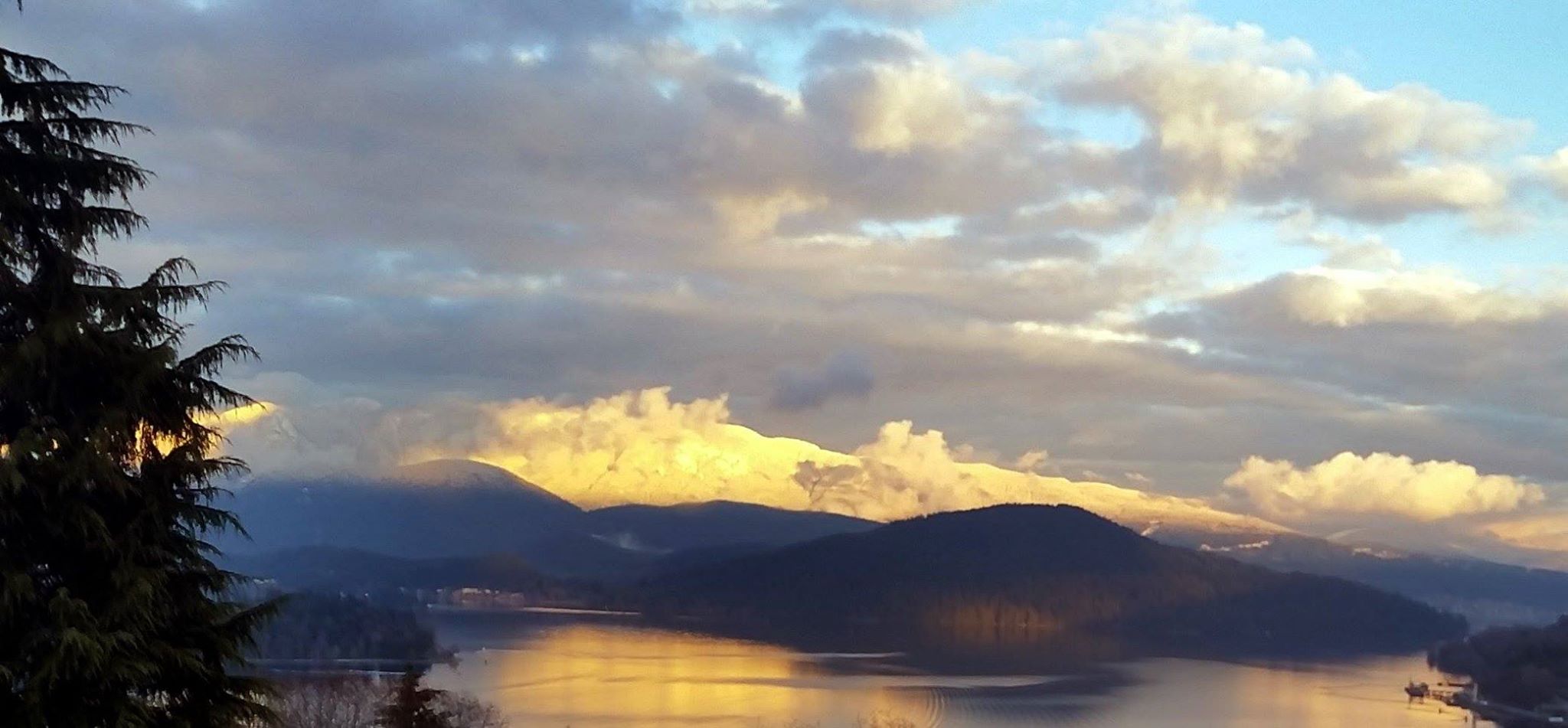We don’t need Heroes

It was with dismay that I read the Time Colonist editorial entitled “First Responders Need Leeway” today (July 28, editorial published July 19th).
It appears that the perception that the Premier of Ontario stepped in to save the day in the recent Elliot Lake mall collapse is now the accepted truth, at least by those for whom selling newspapers is still a career. This despite the fact that, in the SAR Commander’s own words, the premier had nothing to do with the decision; it was just the HUSAR team working within their framework. Emergency response experts from around North America agreed that halting the response was the right decision.
Additionally, the editorial seems to imply that the response to the Johnson’s Landing landslide was somehow “held up” — this despite the fact that the landslide was still active (as this video of reporters just about dying in a secondary slide shows), and the chance of someone living was vanishingly small. At least in this case Premier Christy Clark had the good sense to let the rescuers do their jobs without interference (that I know of).
The editorial then goes on to mention some anecdotes from jurisdictions far beyond our own with entirely different regulatory regimes; if the media reports about such stories are like those in Canada I would seriously doubt that the facts are as they were reported. It would also be nice to have citations for these stories, but it appears that in 2012, it is beyond a newspaper’s ability to include hyperlinks.
Aside from the idea that it is the regulations “holding back” the rescuers, the editorial confuses heroism with the job that emergency responders do.
We don’t need Heroes
A hero is someone who, without the proper training and equipment, and in an exceptional situation, risks their life for another. This is an entirely gut reaction, and a personal one.
Professional first responders, including unpaid volunteers, are not called to be heroes.
Professional rescuers do not have that option. For professionals, what other people consider exceptional, we must consider ordinary. What might be a once in a lifetime situation for a regular person could happen every day. Our exposure to risk is more often, and for longer periods, and we have to work with that in mind.
We work as a team, we have training and equipment, and what’s more we have the professional responsibility to ourselves, our team members and the public to not do any further harm. This means we don’t endanger our team mates by exposing them or ourselves to additional hazard. If a rescuer is injured or killed, more rescuers have to risk their lives to save that person.
Also, as professionals, we’re trained to evaluate the risk, and mitigate that risk in various ways. We balance that with the possibility of success, and the chance that the subject is alive. This is why, after 10 days of searching, most wilderness searches are called off.
In the example of the World Trade Centre (which the editorial mentions), one could make the argument that not a single one of the responders had trained for that eventuality, and so every one of them was a hero, in the sense of the definition I made above. One could also argue that they did not know that the building would collapse — which in my opinion goes to the idea that this was an exceptional circumstance that went beyond what training and equipment could provide. Their actions really do speak for themselves; in the face of the unknown, every person who ran into that building is easily considered a hero.
However, for day to day, we have to maintain that the exceptional is made ordinary, and under ordinary emergency response, we evaluate risks and operate within our guidelines.
I will probably never get a medal for heroism because I am a professional volunteer — being a hero in my line of work usually means that I broke the rules, and endangered myself, my team or bystanders by my actions.
To respond directly to the editor of the Times Colonist, life is not like in the movies; the only leeway emergency responders need is the right to do our jobs as experts in our fields, and not have our safety decisions questioned by politicians or the media. Let the experts do that.

The regular access to video in modern times provides the media with an endless source of footage of rescues to show on the nightly news. Videos which appear to the lay person to show “heroic” rescuers in action but are actually well rehearsed, risk managed actions performed in a safe manner. The media is happy to sensationalize the story with “hero” language. Unfortunately, the agencies that these “heroes” represent are happy to perpetuate the “hero” mantra as it helps when it comes time to securing budgets, raises, increasing staffing, fundraising etc.
The result is we see 15 seconds of “heroes in action” every night on the news. We don’t see the training, planning and risk assessments that go into that 15 second clip. The public seem confused when they see the phases of a rescue occur in real time. There is a reason why there aren’t funerals for emergency workers occurring every day. There are however plenty of stories each month about bystanders dying while attempting a rescue.
The most dangerous phase of a rescue should be the commute to and from the scene. After all, MVAs (and aircraft crashes) are the most common cause death for rescue personnel.
It is very easy for someone on the outside looking in to criticize the decisions of others who are making those decisions based on more knowledge and experience than the average bystander has. It is frustrating to have the media always report the anger of those looking in, without bothering to find out, understand and report the reality of the situation. I am not involved in SAR but I respect the work that you all do. Knock on wood I will never be in a situation that will require the expertise of SAR, but I will never expect to SAR to put themselves at personal risk while volunteering – SAR personal have the knowledge that I never will and that knowledge needs to be respected and supported.
Mr. Coyle hits the nail right on the head. The purpose of SAR and other rescue teams is to rescue people in sometimes almost impossible circumstances, not join those people as another victim in need of rescue. We are volunteers. We give our time freely and attempt to remain as anonymous as possible. We don’t need heroes, they can jeopardize the rest of us on an operation.
I’d include the paid emergency responders with the volunteers in this; nobody is called to risk their life outside the bounds of a managed risk scenario.